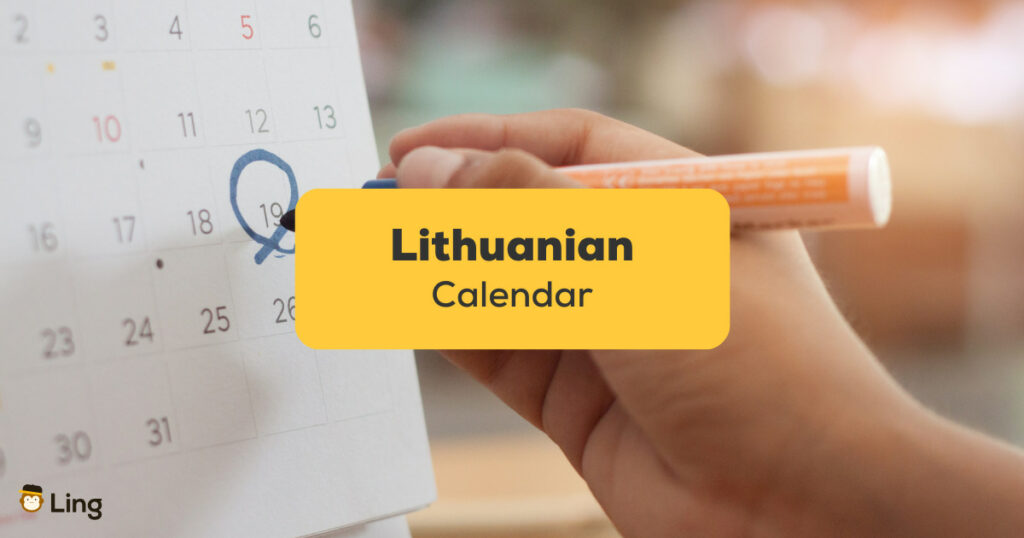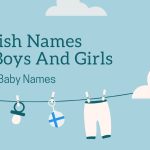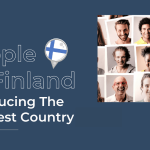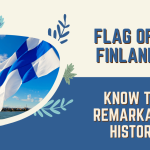When I first heard the words “Lithuanian calendar,” I’ll admit – my initial thought was, “Huh?” As a Filipino, I was only familiar with the standard January through December Gregorian calendar. But it turns out Lithuania actually has its own unique calendar system that predates even Gregorian times!
Based deeply on Baltic pagan and folk traditions, the Lithuanian calendar follows the cycles of agriculture, animals, and trees in ways that might seem surprising to those of us used to our Western 12-month standard. Intrigued yet? I definitely was! And the more I learned about the Lithuanian calendar, the more fascinated I became by holidays like Užgavėnės (sort of like our Carnival but with scary costumes) or Žolinė (basically nature-based Thanksgiving on steroids).
So whether you’re Lithuanian by heritage or just interested in learning about other cultural traditions, stick with me to explore one of the most meaningful calendar celebrations and words in the Lithuanian language. Let’s begin!
Table of Contents
Lithuanian Calendar Vocabulary
When I started digging into the Lithuanian calendar, I quickly realized I needed a vocab primer before I could really understand what was going on. Beginning with the months, these aren’t just boring numeric translations from January to December. Each has its own unique Lithuanian name connected to a key seasonal event or pagan tradition.
For us Lithuanian calendar newbies, understanding what each month is called provides insight into how Lithuanian culture tracks the years through agriculture, Catholic saint days, weather patterns, and more. Unlike our Gregorian system which feels kind of arbitrary, these month names make sense when you understand what’s happening during that time on the ancient Lithuanian homestead.
Months In The Lithuanian Calendar
Sausis (January)
We kick off the Lithuanian calendar year with Sausis, which means dry! Yep, we’re starting this party out cold and parched. January in Lithuania typically means light, powdery snow, and brutally dry indoor heat. In fact, the average temperature during this month is 0 °C (31 °F) partnered with some of the heaviest snows!
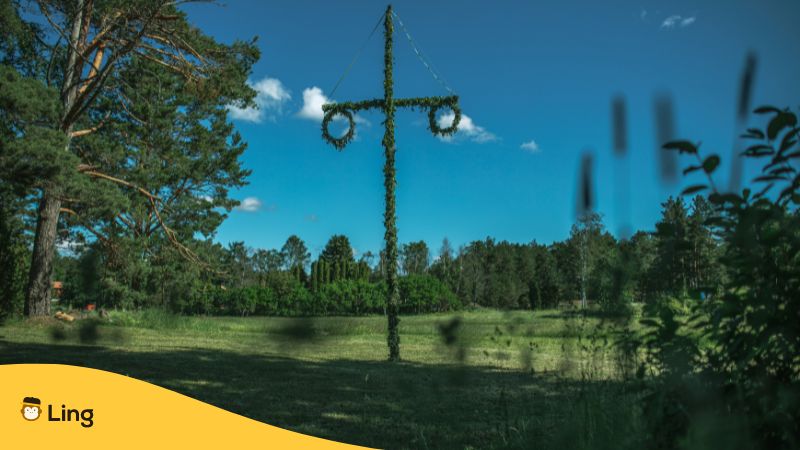
Vasaris (February)
Vasaris literally translates to “summer”! I know it seems crazy looking outside at the snowdrifts, but the Lithuanians named February in hopeful anticipation of summer’s return. The days are noticeably longer, thaws tease of spring, and farmers dust off their summer plans. Break out those seed catalogs!
Kovas (March)
March in Lithuania is famously fickle, swinging wildly between winter chill and spring thaw. One day, there’s a howling blizzard plastering icy flakes against the windowpane; the next, songbirds are cheerily chirping as melting snow drip-drops from the eaves. The average March temps in the capital, Vilnius, range from brisk highs of 39°F (4°C) to lows dipping below freezing at 24°F (-4°C).
No wonder why the locals sum it up as really cold with a gentle yet biting breeze that’ll redden your cheeks in minutes during the unpredictable month they call Kovas!
Balandis (April)
Any birdwatchers out there? Then you’ll wanna grab those binoculars and tune your ears to pick up my new favorite spring sound: the coo of the balandis! Lithuania’s dove gets its cozy mating and nesting on once April rolls around. Just listen for that distinctive, soothing call warbling from woodland branches and open fields.
So slap on those hiking boots and peel off a few layers, average April temps hit mild highs around 53°F. Still a tad brisk in the mornings, I’ll admit. But for an afternoon ramble? Perfection! Follow spurts of sunshine through awakening forests dotted with the white, purple, and yellow pops of spring’s first flowers.
Gegužė (May)
May is simply stunning in Lithuania, with average temps hitting pleasant highs of 64°F. Slip on those walking shoes, friends, ‘cause we’re going cuckoo bird hunting! I want to be the first to hear and lay eyes on the elusive gegužė or common cuckoo with its distinctive spring mating call echoing romantically across meadow and woodland.
Legend says the first cry of “cuck-oo” in May signals winter won’t dare return to Lithuania. And locals share loads of fun superstitions for making wishes upon that initial call before the cuckoo flies off again into some leafy hideout. Seriously, what would you wish for?
Birželis (June)
June highlights the country’s BFF tree bursting into its summer best! I’m talking birches (Birželis), baby. Lithuania’s beloved “Lady of the Woods” rocks over a quarter of local forests with those iconic white trunks and fresh green leaves.
Get this – come birželis, devout families gently detangle small branches to weave into sweet-smelling wreaths. They’ll decorate homes with fragrant bouquets to welcome warmer seasons. Historically, they were all about birching up the place for the summer solstice and stuff. These days, you’ll spot people gathering boughs for Saint John’s Eve celebrations, plus a big papal visit.
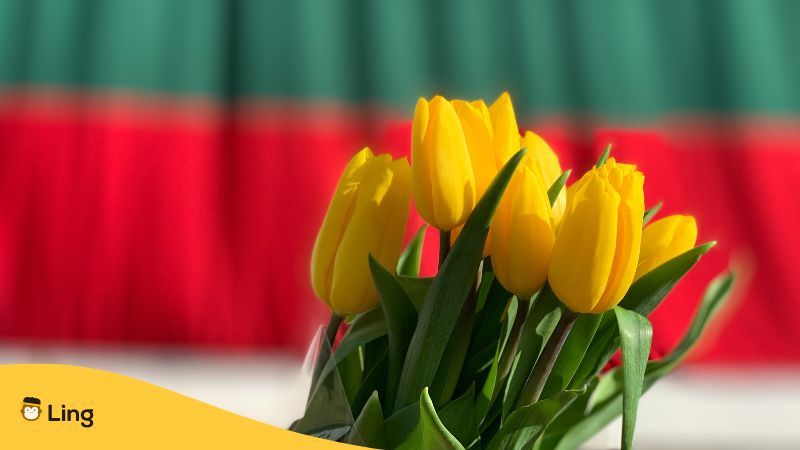
Liepa (July)
July days hit refreshing highs around 73°F, perfect for chasing my new aromatherapy obsession: Lithuania’s perfume powerhouse, the linden tree (Liepa). When liepa rolls around, those large yellow linden flowers turn the entire countryside into a sweet-smelling herbal dreamscape. I mean, close your eyes, breathe deep, and it’s like steeping a million medicinal tea bags under the summer sun!
Rugpjūtis (August)
By August in Lithuania, you can work up a major farmer’s tan from all these mellow 74°F summer days! Seriously, long sleeves are history, with highs still matching July’s nonstop sunshine. And this is the perfect time for the local rye to be perfectly ripe for harvesting, just ask any overalls-clad rugpjūtis veteran tooling those specialized sickles in the fields.
Rugsėjis (September)
Trust me when I say that you can just smell that seasonal change brewing by September in Lithuania. With temps cooling to jacket weather, fields of wheat and rye morph from sunbaked gold to mellow umber practically overnight. But get this: before autumn fully takes over, farmers rush to sow one last winter grain crop!
I love watching entire villages grab those iconic seed satchels and head for the fields. Tractors plow perfect rows while folks stoop to sprinkle kernels that’ll sprout into the green before blanketing snow arrives. It’s like a cool weather planting party out there! Then everyone waits through winter’s chill for the crop’s next triumphant chapter come spring.
Spalis (October)
Sweater weather takes over by October in Lithuania! With temps dipping from afternoon highs of 52°F into chilly 40°F nights, goldenrod fields now spotlight blue-blossomed flax. See, spalis means it’s finally time to harvest the food and fiber-rich hards of that iconic crop before frost settles in.
While flax doesn’t cover the countryside like it used to, history lovers can still wander these amber waves plucking textile bundles reminiscent of ancestral times. And dye-happy hobbyists thrill at natural plant pigments from violet to burnt umber. Not to mention cooks stewing these seeds into traditional teas and herbal remedies to fortify against winter’s looming wrath!
Lapkritis (November)
Lapkritis translates to “fall of leaves,” and one stroll through the woodlands reveals exactly that. By mid-November, with daylight rapidly dwindling, gusty winds tear crimson and amber leaves from barren tree branches. These form knee-deep, crunchy leaf carpets that are perfect for scuffling through on long meandering walks.
Keep eagle eyes scanning for wildlife making final winter preparations, like busy squirrels stuffing their fuzzy cheeks with provisions. Many birds flock south while some mammals prepare for hibernation through the harsh months ahead.
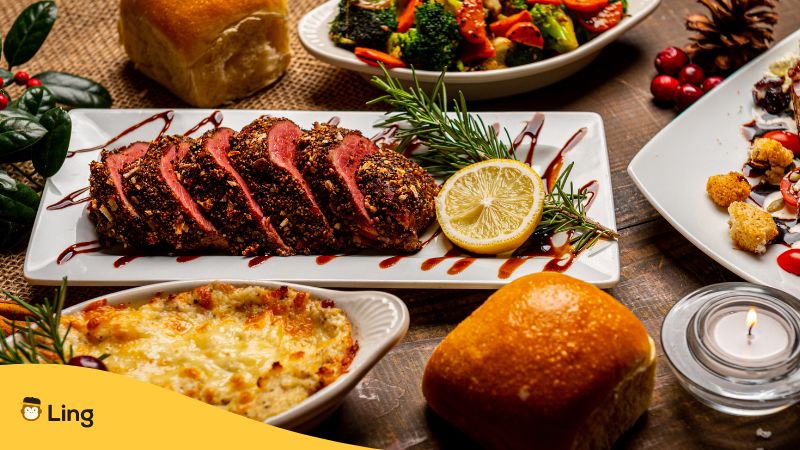
Gruodis (December)
Nothing signals the lead-up to Christmas like gruodis and frozen clods underfoot! Short days and long nights require warm camaraderie indoors, with the consolation of the upcoming solstice. Hearty stews, socked feet propped by the fire, holiday sweets… the cold brings its own cozy charms.
Days In The Lithuanian Calendar
Get ready to seriously up your vocab game when it comes to the weekly rotation in Lithuania. We’re starting this party off with…
Pirmadienis – Monday
Kicking off the Lithuanian calendar countdown, Monday is “pirmadienis” or literally “first day.” Makes sense, right? Emails and meetings give this day kind of a rough reputation. But spring for an iced coffee and fresh start to take on that workload!
Antradienis
Hello “antradienis” bringing us to Tuesday! This day takes its name from the number two (“antra”). We’re powering through the week nice and easy. Maybe today’s a good one for stepping up your fitness goals at the gym!
Trečiadienis
We’re halfway to the weekend with “trečiadienis,” meaning the third day for Wednesday. Hump daaaaay, am I right? Treat yourself to a nice lunch today, even if you brought a sack. Plus, laugh at some cute animal videos online!
Ketvirtadienis
Thursday brings us “ketvirtadienis” aka fourth day. Starting that downward slope to Friday! You’re knocking out tasks left and right today. Finish strong, then meet up with your besties this evening to celebrate.
Penktadienis
Woo-hoo, the highly anticipated “penktadienis” is here at last! High five for Friday, y’all. Only one day left before relaxing with the usual weekend shenanigans. Get a headstart on the fun times tonight!
Šeštadienis
Break out those dancing shoes for Saturday’s “šeštadienis,” meaning the sixth day. Two days of freedom, baby! Whether you’re day drinking at a beer garden or binging Netflix on the couch, savor that sweet time off.
Sekmadienis
Last but not least, Sunday brings us “sekmadienis,” aka lucky number seven, to close out the week. Final day of rest (or stressing about Monday, lol). Inhale the chill vibes before doing your usual Sunday routine stuff, I guess.
Important Dates In The Lithuanian Calendar
As we wind through the year season by season, I’ll call out the can’t-miss important dates in Lithuanian culture that have stood the test of time as iconic Lithuanian calendar words.
| English | Lithuanian |
|---|---|
| New Year’s Day | Naujieji metai |
| Easter | Velykos |
| Independence Day | Nepriklausomybės diena |
| Christmas | Kalėdos |
| Valentine’s Day | Valentino diena |
| Midsummer Day | Joninės |
| All Saints’ Day | Visų Šventųjų diena |
| Statehood Day | Valstybės diena |
| Mother’s Day | Motinos diena |
| Father’s Day | Tėvo diena |
| St. John’s Day | Joninės |
| Restoration of Independence Day | Nepriklausomybės atkūrimo diena |
| International Women’s Day | Tarptautinė moterų diena |
| Easter Monday | Velykų antradienis |
| All Souls’ Day | Vėlinės |
| National Flag Day | Nacionalinė vėliavos diena |
| Great Amber Music Festival | Didysis gintaro muzikos festivalis |
| Užgavėnės | Užgavėnės |
| Kaziukas Fair | Kaziuko mugė |
| Mother’s and Father’s Day | Tėvų ir motinų diena |
Ready To Visit Lithuania?
I don’t know about you, but learning more about the country’s rich history, folklore, and strong cultural identity through Lithuanian calendar words totally gave me the travel bug. Who’s up for a long weekend in Vilnius to check out the flavors of Užgavėnės carnival or the impressive Hill of Crosses religious site anytime soon?
If you’re totally inspired to see gorgeous, green Lithuania for yourself someday, don’t forget to start dropping a few handy Lithuanian phrases to impress the locals. An easy way? Download the Ling app to get bite-sized lessons and quizzes for learning essential tourist vocab on the fly! It’ll make chatting up those new Lithuanian pals you make 10x easier.
